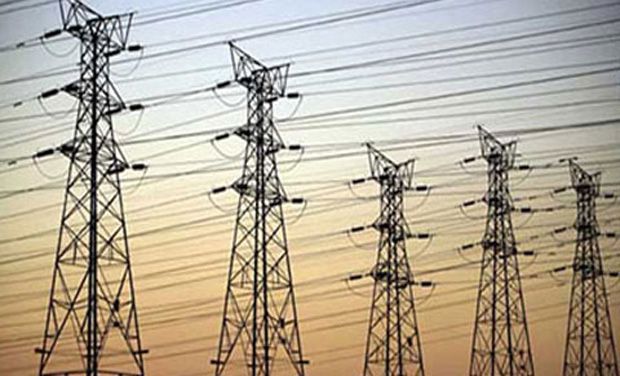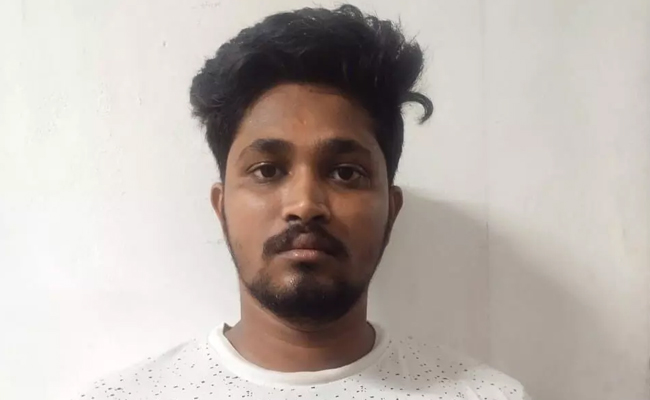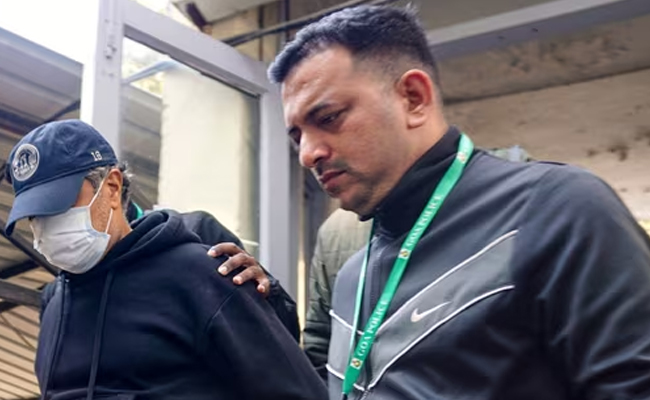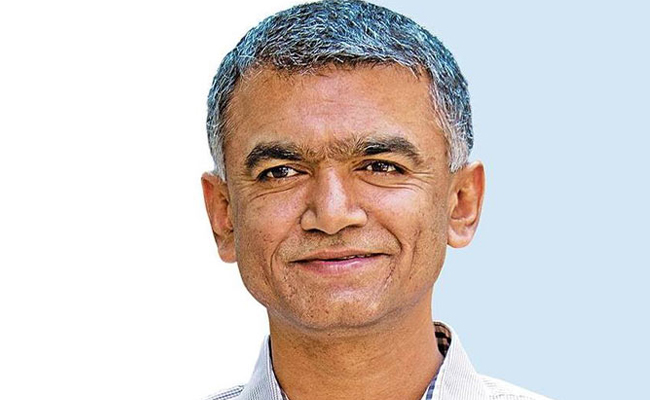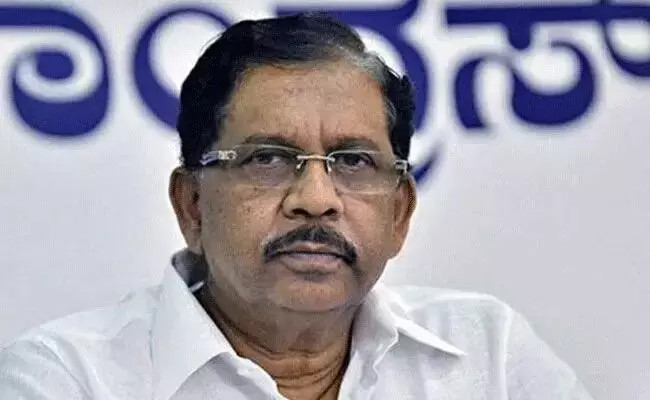Bengaluru, Apr 4: The Karnataka Electricity Regulatory Commission (KERC) on Monday approved an increase in energy charges by five paise per unit and raised fixed charges ranging between Rs 10 and 30 per kilo watt.
The overall average increase accounts for 35 paise per unit for the financial year 2022-23, which is up by 4.33 per cent, he added.
"Considering the proposals of Electricity Supply Companies, the Commission has approved revenue deficit of Rs 2,159 crore of ESCOMs for the financial year 2022-23, and approved increase in energy charges by five paise per unit and an increase in fixed charges ranging between Rs 10 and 30 per HP/KWh/KVA to the consumers for recovery gap of Rs 2,159 crore," KERC chairperson H M Manjunatha told reporters.
Manjunatha said due to COVID-19, the sale of energy by ESCOMs in 2020-21 has drastically come down by 7,228.65 million units resulting in reduction in revenue by Rs 6,182.84 crore than the approved figure.
The ESCOMs had sought an average raise of Rs 1.85 per unit accounting for 23.83 per cent increase for a proposed revenue deficit of Rs 11,320 crore, the KERC chairman said.
The power purchase cost in 2020-21 has also increased by 31 paise per unit due to payment of fixed charges without drawing energy from thermal stations.
He added that the deficit for 2020-21 alone accounts for raise in tariff by 27 paise per unit.
The KERC chairman said the remaining increase of eight paise per unit is towards overall increase in the input costs towards power purchase, operation and maintenance, depreciation and borrowing costs for 2022-23.
"In order to enable the ESCOMs to carry their business of supplying the electricity, which is the basic need of the society, the increase in tariff has become inevitable," Manjunatha said.
Further, explaining about some other highlights of the new tariff order, he said a rebate of 50 paise per unit will be given to the micro and small scale industries to help them recover from the adverse effects of COVID-19.
There will be concessions to seasonal industries such as ice manufacturing units and cold storage plants along with a rebate of Re 1 per unit in the energy charges during the current financial year.
There will also be continuation of relaxation in the evening peak time (6 pm to 10 pm) of the day during monsoon months between July to November, the KERC chairman said.
To promote purchase and use of energy from renewable sources, green tariff at 50 paise per unit over and above the applicable tariff for high-tension industries and high-tension commercial consumers at their option to promote purchase of renewable energy from ESCOMs will continue, the officer said.
He told reporters that power is being purchased at Rs 6 per unit and sold at Rs 8.43.
The transmission and distribution loss in the state is 13 per cent, which the KERC and ESCOMs are trying to minimise, the KERC chairman said.
Speaking about the energy generation, Manjunatha said of the total 30,200 MW power generated in the state, about 15,000 MW comes from renewable energy sources such as mini-hydel, solar and wind.
Let the Truth be known. If you read VB and like VB, please be a VB Supporter and Help us deliver the Truth to one and all.
Bajpe: Police have arrested a youth for allegedly posting derogatory and defamatory content against the Bajpe police on social media.
The arrested accused has been identified as Abhishek M. (23), a resident of Katipalla, Surathkal.
According to the police, Abhishek posted a photograph of Bajpe Nisarga Hotel on his Instagram account mr_a_titude_22, alleging that accused persons in a murder case under the jurisdiction of the Bajpe police station were being treated “like royalty” by the police and were being served beef meals from the hotel every day. In his post, he further accused the police of colluding with criminals and misusing their authority, stating that public trust in the police was being betrayed.
Following which, the Bajpe police registered a case and arrested the accused.
Police records reveal that Abhishek is already facing multiple criminal cases. A case of murder, attempt to murder, assault and robbery has been registered against him at the Surathkal police station. At the same time, a robbery case has also been registered at the Kaup police station.
After his arrest, Abhishek was handed over to the custody of the CEN police for further investigation. He was later produced before a court, police said.

